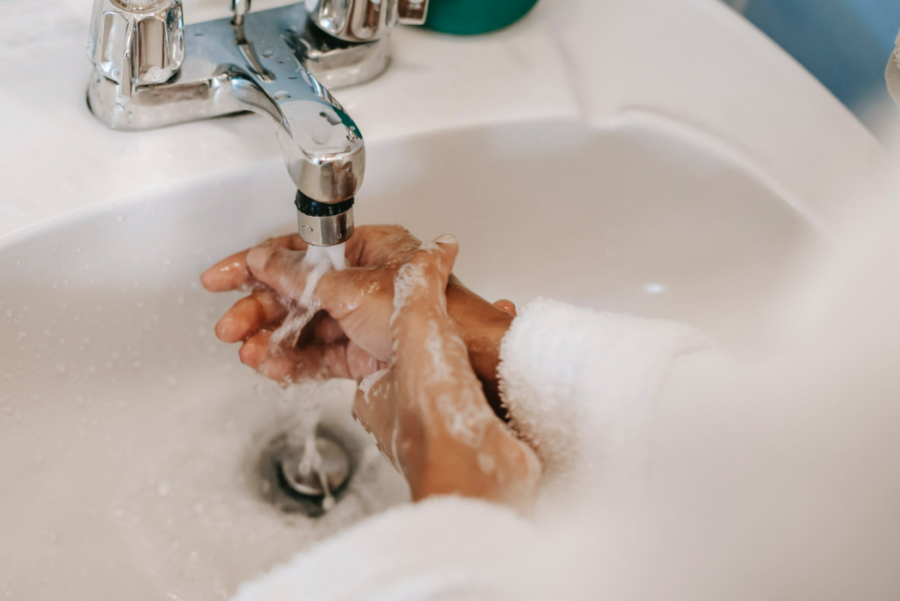Some areas don’t possess crystal clear water as others do. California, for example, is a place where hard water is the norm. Because of this, it’s rare to see a household without a quality water filter. Hard water occurs when there is an abundance of minerals within it. Calcium, iron, magnesium, and lime are all common, just to name a few. This type of water is actually beneficial in low quantities, but too much can become harmful. Here are a few dangers that hard water can pose for your home and your health.
Reduced Water Heater Efficiency and Life Span
Your water heater has one purpose: to heat up water. While this seems to be a relatively basic task, hot water is one of the most important parts of any household. But as time goes on and it continues to pump hard water, it can cause serious damage. If too much sediment is allowed to build up in the tank, your water heater may lose its efficiency. It can also dramatically shorten its lifespan, leading to repeat repairs and possible early replacement.
Limescale on Faucets
If you have noticed a strange, flaky white film around your faucets, you probably have limescale. Limescale is the most common sign of hard water. Even though it’s harmless, it can be a nightmare to clean off faucets, dishes, and glasses. Adding water and soap won’t do much against limescale that has sat around for months or possibly years. In order to truly get rid of it, you’re going to need a special cleaner that can break down the limescale and make it easier to wipe away. Take note that limescale that is left to fester can also cause slow water drainage as well.
Skin and Hair Issues
Plumbing woes aside, hard water can also have a negative impact on your health as well. When water is too hard, it can build up on your hair and skin. This can lead to your hair feeling dry or brittle, and it can even cause hair breakage. Your skin may look dull, start breaking out, and not respond to your regular skincare routine.
It’s recommended that you contact a plumber if you notice these ill-effects. A plumber can recommend a variety of water softeners or filters to offset the damage hard water can cause. They can also inspect your plumbing and make sure that there are no signs of damage internally.
Serious Health Issues
While a glass here and there is okay, consuming copious amounts of hard water can be bad for you. According to the NCBI, consuming copious amounts of hard water may contribute to a variety of chronic medical conditions, including cancer. To keep hard water to a minimum, make sure to swap out your water filters routinely and have maintenance performed by a licensed plumber.
While you can’t always eliminate hard water, there are things you can do to minimize it. Invest in high-quality filters for the showers and sinks. Also, limit the time you spend in the shower. Keep an eye on your appliances, and if they start acting up, enlist the help of a plumber to remove any sedimentation buildup.

